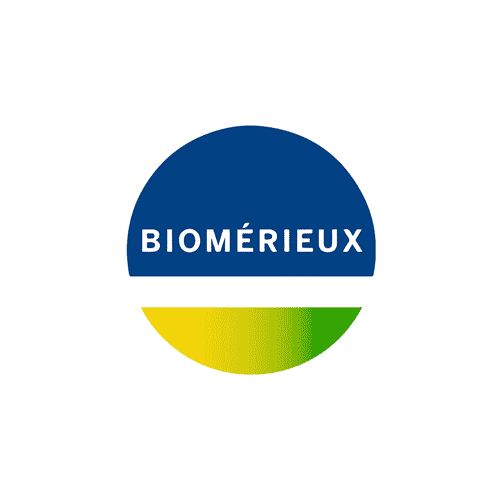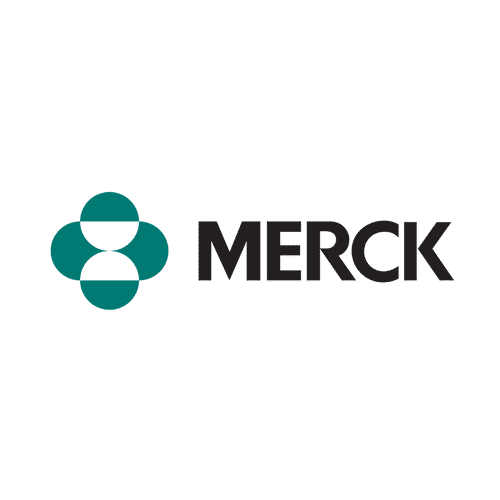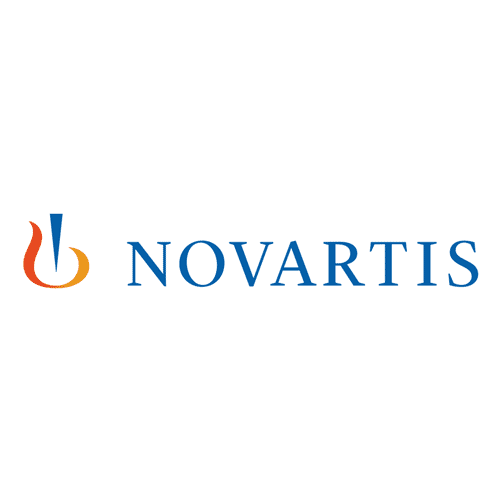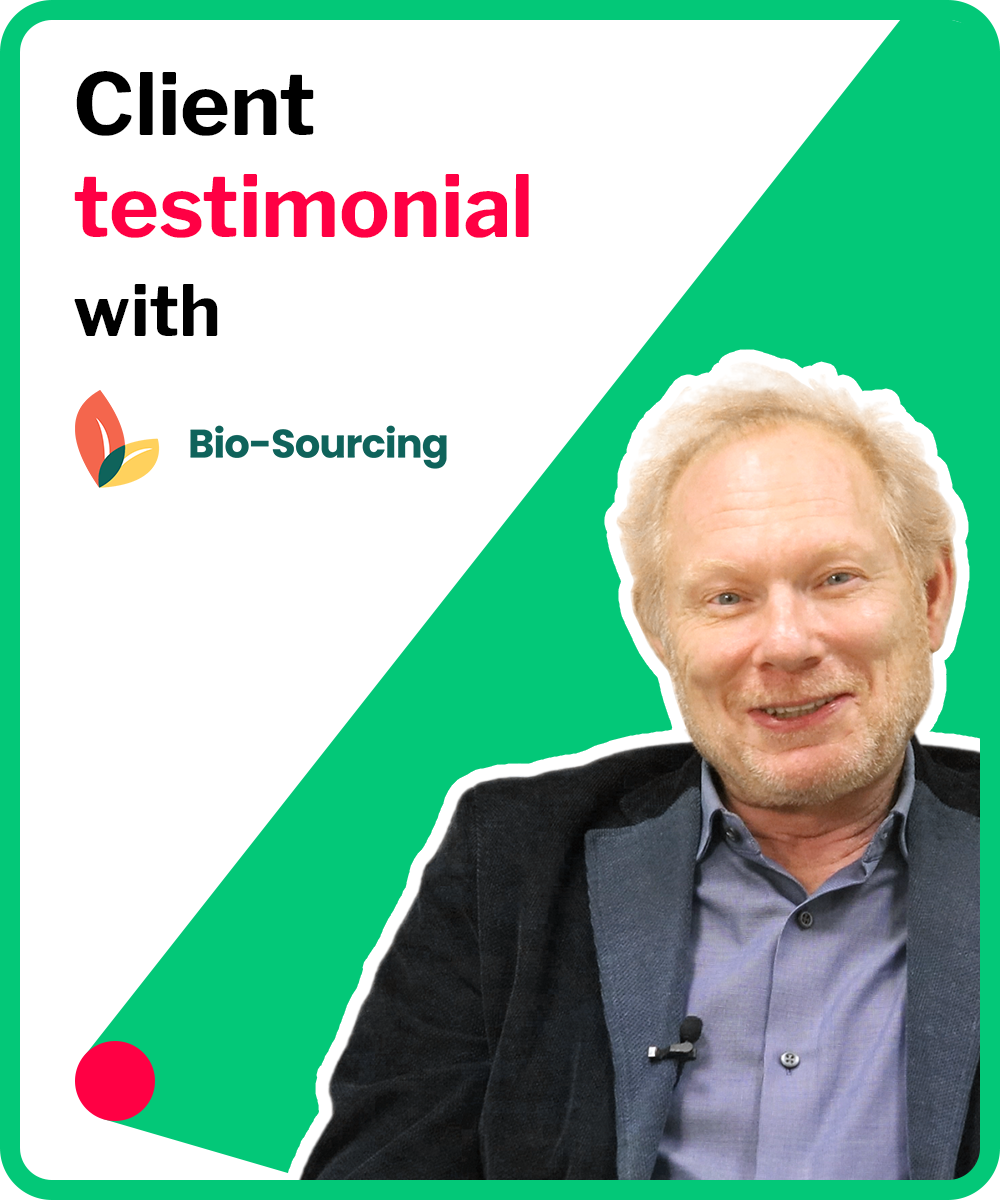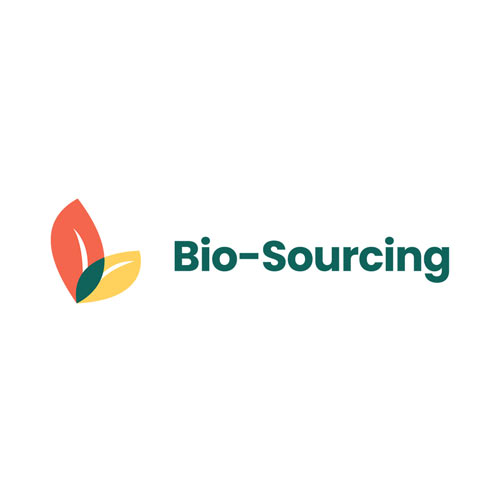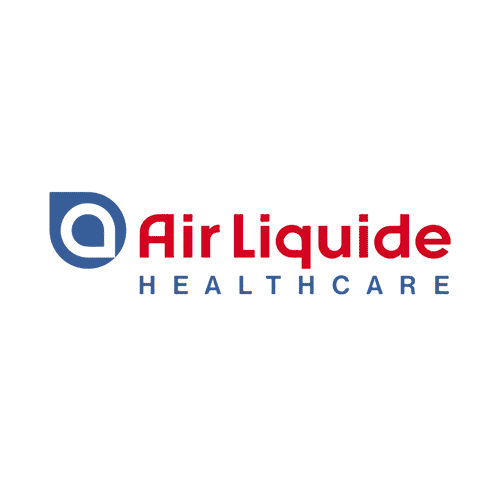
Innovative biotherapeutics

Develop research and bring to market new biotherapeutics
Our specialized team explores the challenges and opportunities associated with biotherapies, and supports healthcare players in accelerating the research, development and market launch of their innovative biotherapies.
The challenges related to advanced and innovative biotherapeutics
Since biologics first appeared, their rise on the market of biotherapeutics has been impressive and is expected to continue. They should ultimately represent more than half of the drugs used in volume and nearly 80% of the value of this market.
Indeed, advanced biotherapeutics have offered a new way to treat diseases that were previously untreated, in oncology, rheumatology, diabetology, and in inflammatory diseases to name only the most emblematic, as well as in infectious diseases, blood diseases, and other disorders.
However, major challenges remain in their development and production, resulting in high prices and extensive discussions with healthcare system regulators.
This therapeutic category presents a wide range of challenges:
Biotherapeutics by definition require mastering complex innovative technologies, whether in their design, formulation or related analytical techniques. In addition, in many cases, their operating mechanism acts on the patient’s immune system, and certain molecules have demonstrated great therapeutic abilities but also significant side effects. As a result, several approaches are being pursued, such as targeted therapies, the use of vectors (a true extension of biotherapeutics), or personalized medicine (a fundamentally different approach).
What are the technologies of the future? How do we speed up R&D, in particular through the use of data and prediction models? How do we work on side effects? How do we improve patient targeting without switching to personalized medicine?
The production of innovative advanced biotherapeutics has completely revolutionized the pharmaceutical industry. Macromolecules such as Anti-TNF-alpha, monoclonal antibodies, or recombinant proteins require specialized equipment and know-how. Bioproduction generally involves long processes, with many production stages including purification and quality control. The choice of the production line is key to obtain the right industrial performance. The production line sizing is delicate, and it is almost impossible to adjust it to cope with fluctuations in demand. Finally, production on several sites is a complex activity from a regulatory point of view. As the products are fragile and often injectable, they need to be sterile. These challenges are amplified for the new CAR-T cell therapies, which also require special logistical control.
How do we switch from batch production to continuous production? What are the best organisms to produce advanced biotherapeutics? How do we reduce the length of the processes and the complexity of the controls while maintaining the same level of security? How do we improve the logistics of biologics? What industrial strategy should we adopt?
Innovative advanced biotherapeutics are injectable products; they are therefore sterile products, and their administration may require the intervention of a healthcare professional. In addition, their circulation in the body depends on the injection conditions, and crossing the blood-brain barrier remains an unresolved challenge to this day. Finally, targeting an organ or a specific area of the body is a key issue to increase therapeutic activity while containing side effects.
What are the best technologies for developing targeted biotherapeutics? How do we go beyond the current limits of science? What are the solutions to deliver or activate the biologic to the right place? How can biotherapeutics be combined with other technologies to optimize them?
Biologics are expensive due to the complexity of their development, production, and supply chain. The increasingly significant therapeutic role they play therefore constitutes a challenge for healthcare systems. The marketing of innovative advanced biotherapeutics is subject to extensive scientific and clinical demonstration phases, as well as economic phase, in order to fuel discussions with decision-makers in charge of the regulation and financing of these therapies. In addition, to improve their administration, some biotherapeutics are coupled with the use of a medical device, and these arrangements are struggling to find an administrative way for their marketing.
How to accelerate market access for innovative advanced biotherapeutics? How do we demonstrate the value of biologics? How do we ensure the correct use of innovative biotherapeutics by prescribers?
The first biosimilars appeared in the first decade of the 21st century. Due to the complex nature of producing biological drugs, manufacturing a biosimilar is not straightforward, and the manufacturer must demonstrate the similarity of the active substances according to very strict specifications which involve holding clinical trials. The objective is to prove that the biosimilar will provide the same efficacy and safety as the reference biologic, after which its marketing authorization is issued. Despite these procedures, pharmaceutical manufacturers are interested in this path because of the size of the market, and they are restructuring a market that is still young.
What strategy should be adopted in the face of the arrival of biosimilars? Which priority market segments will biosimilars reach? What are the regulations in the different regions of the world?
Innovative advanced biotherapeutics benefit from a generally positive image. However, their degree of innovation, their production process, and their use in severe pathologies can worry patients. In recent decades we have seen an increase in vaccine hesitation for example. Significant side effects or administration by injection hamper good adherence and compliance to treatment.
How do we measure and promote the acceptability of innovative biological therapies? How do we improve patient compliance? How do we place the patient at the center of the innovation process? How can we improve care pathways?
How we support you in your projects related to advanced and innovative biotherapeutics
Since its creation, Alcimed has supported its clients on many issues related to biotherapeutics, from innovation to appropriate use on the market. Indeed, we have carried out over 500 projects for various clients in this field on all types of molecules with different challenges: R&D, marketing, opportunity study, market access, or even life-cycle management, for example.
The diversity of our clients (pharmaceutical companies, biopharmas, biotechs, research institutes, university hospital centers, etc.), the geographic areas we explore, and the types of projects we develop, give us a global and comprehensive insight into issues related to advanced biotherapeutics.
Our projects cover areas as diverse as new technologies, prioritization of the R&D portfolio, search for partners or acquisition targets, preparation for the launch of new biologics, understanding of disease management and patient care pathways, assessment of market opportunities, market access, pricing and reimbursement model, regulatory developments, building roadmaps, and many more!
What they say


"Like a compass, Alcimed helped us determine the fields in which we wanted to develop, in this case biosimilars. Alcimed is our strategic, marketing and operational ally."
Bertrand Mérot
CEO
Examples of recent projects carried out for our clients in advanced and innovative biotherapeutics
You have a project?
To go further
Founded in 1993, Alcimed is an innovation and new business consulting firm, specializing in innovation driven sectors: life sciences (healthcare, biotech, agrifood), energy, environment, mobility, chemicals, materials, cosmetics, aeronautics, space and defence.
Our purpose? Helping both private and public decision-makers explore and develop their uncharted territories: new technologies, new offers, new geographies, possible futures, and new ways to innovate.
Located across eight offices around the world (France, Europe, Singapore and the United States), our team is made up of 220 highly-qualified, multicultural and passionate explorers, with a blended science/technology and business culture.
Our dream? To build a team of 1,000 explorers, to design tomorrow’s world hand in hand with our clients.
Biotherapeutics, also called biologics or biological drugs, take their name from their production process: macromolecules (usually proteins), genes or specific cells, more or less complex, are produced by cells or living organisms genetically modified to code for the desired molecule or cell. These are then purified and formulated into drugs.
Biologics include a wide variety of innovative advanced biotherapeutics such as therapeutic antibodies, immunoglobulins and fusion proteins, hormones, cytokines, growth factors, coagulation factors, as well as vaccines, cellular therapy, and gene therapy.
The size of the global biotherapeutics market varies according to the definition of the market segments covered. Nevertheless, by 2024, the market is expected to be worth around USD 300 billion worldwide, making it a fast-growing market with an estimated CAGR of over 9% between now and 2030.

